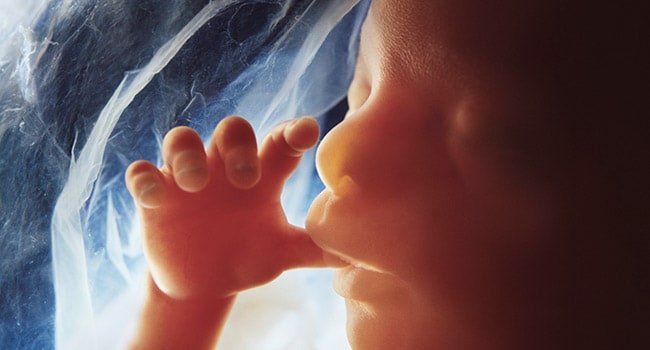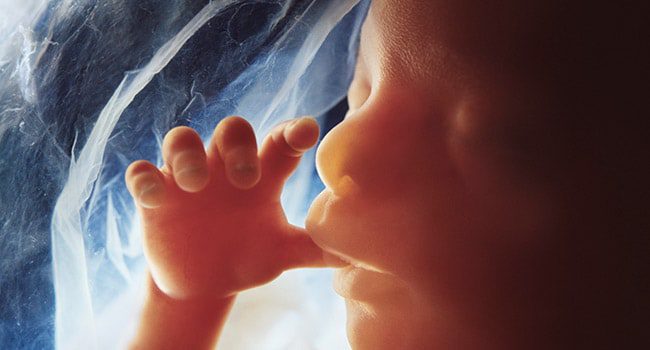The US Supreme Court on Tuesday declined to hear a case about Constitutional rights for fetuses.
Catholics for Life and two Rhode Island women who were pregnant at the time and sued on behalf of their unborn children, appealed a lower court’s opinion that fetuses did not have the authority to challenge a 2019 state law making abortion legal.
Reuters reported:
The U.S. Supreme Court on Tuesday declined to decide whether fetuses are entitled to constitutional rights in light of its June ruling overturning the 1973 Roe v. Wade decision that had legalized abortion nationwide, steering clear for now of another front in America’s culture wars.
The justices turned away an appeal by a Catholic group and two women of a lower court’s ruling holding that fetuses lacked the proper legal standing to challenge a 2019 state law codifying the right to abortion in line with the Roe precedent. The two women, pregnant at the time when the case was first filed, sued on behalf of their fetuses and later gave birth.
The Supreme Court earlier this year overturned Roe v Wade which ultimately gave states the right to set their own abortion laws.
Georgia recently passed a ‘fetal personhood’ law that grants fetuses various legal rights.
According to a recent announcement made by the Georgia Department of Revenue, pregnant mothers in the state can now include their unborn child as a dependent on their tax returns.
“In light of the June 24, 2022, U.S. Supreme Court ruling in Dobbs v. Jackson Women’s Health Organization and the July 20, 2022, 11th Circuit Court of Appeals ruling in Sistersong v. Kemp, the Department will recognize any unborn child with a detectable human heartbeat, as eligible for the Georgia individual income tax dependent exemption,” the agency announced on its website Monday.
On individual income tax returns for Tax Year 2022, a taxpayer with an unborn child (or children) with a detectable human heartbeat (which may occur as early as six weeks’ gestation) may claim a $3,000 dependent personal exemption for each unborn child.
“Similar to any other deduction claimed on an income tax return, relevant medical records or other supporting documentation shall be provided to support the dependent deduction claimed if requested by the Department,” the agency said.



